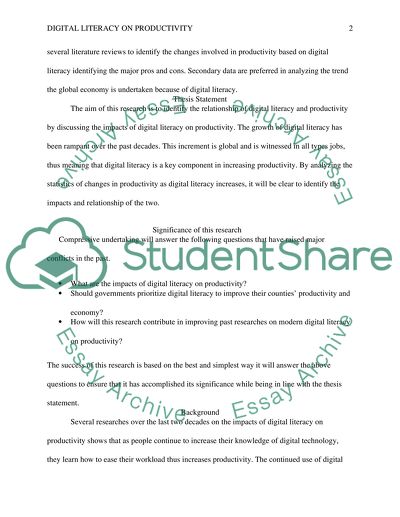Cite this document
(“Modern day digital literacy Research Paper Example | Topics and Well Written Essays - 1750 words”, n.d.)
Modern day digital literacy Research Paper Example | Topics and Well Written Essays - 1750 words. Retrieved from https://studentshare.org/english/1682894-modern-day-digital-literacy
Modern day digital literacy Research Paper Example | Topics and Well Written Essays - 1750 words. Retrieved from https://studentshare.org/english/1682894-modern-day-digital-literacy
(Modern Day Digital Literacy Research Paper Example | Topics and Well Written Essays - 1750 Words)
Modern Day Digital Literacy Research Paper Example | Topics and Well Written Essays - 1750 Words. https://studentshare.org/english/1682894-modern-day-digital-literacy.
Modern Day Digital Literacy Research Paper Example | Topics and Well Written Essays - 1750 Words. https://studentshare.org/english/1682894-modern-day-digital-literacy.
“Modern Day Digital Literacy Research Paper Example | Topics and Well Written Essays - 1750 Words”, n.d. https://studentshare.org/english/1682894-modern-day-digital-literacy.


